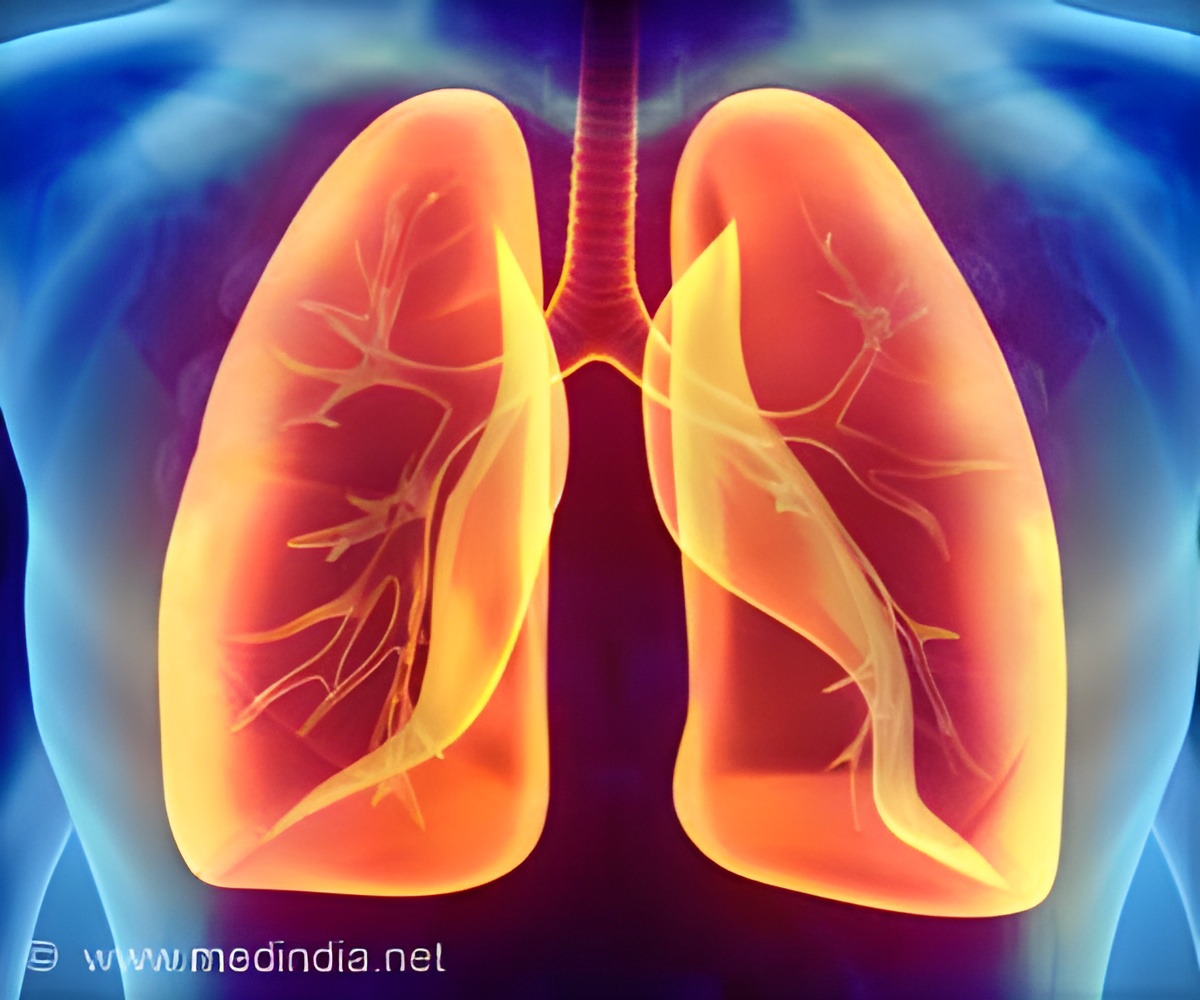
‘Lysyl oxidase (LOX), a potent molecule is involved in promoting skin and organ fibrosis in scleroderma. It might set off as a biomarker for monitoring treatment response in patients with scleroderma and other fibrotic diseases. An antifibrotic peptide (E4) is shown to diminish the levels of LOX tobaseline, thereby promising to be an effective antifibrotic therapy.
’
Tweet it Now
Approved treatment for lung fibrosis involves lung transplantation, which is very invasive and does not stop fibrosis from progressing in other organs. Drug efficacy is rather limited in patients with scleroderma. This adds to the high demand for newer drug targets.Novel biomarker for scleroderma
The experimental study showed that LOX expression increased 2.8-fold at 10 days following the initiation of lung fibrosis in the preclinical model. It's exciting that LOX is a biomarker that goes up when we induce lung fibrosis in the mice and goes down when we improve the fibrosis. Having a good biomarker of fibrosis would be invaluable because it would allow us to monitor the response to therapy in patients, says Feghali-Bostwick, Ph.D., the smart state and Kitty Trask Holt Endowed Chair for Scleroderma and professor in the Department of Medicine at MUSC.
The team also demonstrated the diminished levels of LOX and its activity to baseline after administration of an antifibrotic peptide (E4). The efficacy of this peptide is being further investigated as an antifibrotic therapy against many fibroproliferative diseases and is soon to enter a phase 1 clinical trial.
Source-Medindia











